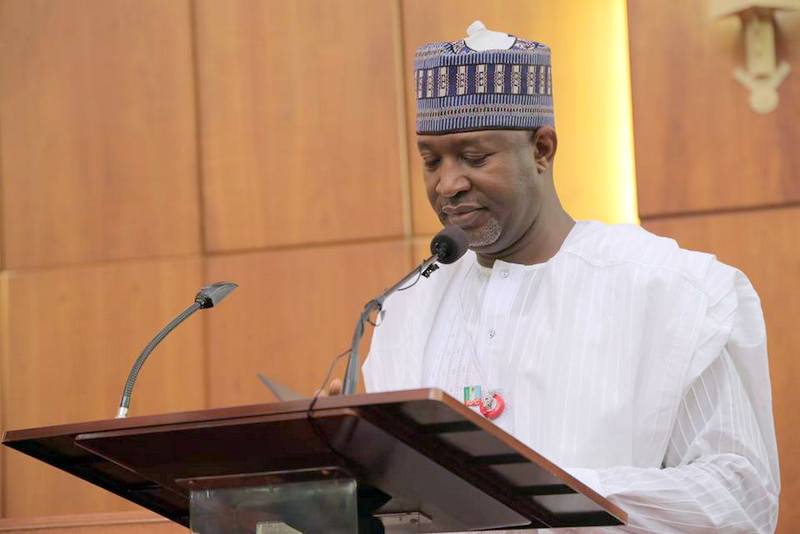Former Aviation Minister, Hadi Sirika, has accused the lawmaker who labelled the launch of Nigeria Air as a fraud of bribery.
He disclosed that the lawmaker, Nnolim Nnaji, demanded five per cent shares of the national carrier from him.
Sirika made the disclosure during an interview on ARISE TV on Sunday.
Sirika said that the lawmaker approached him and asked for the shares for himself and his people.
“Hon Nnaji asked me that I should give him 5 per cent of Nigeria Air to carry him along with his people.
“I said to him at that time, Honourable, a bidding process has taken place, and some people won. So, I think you should go to those people and ask for the 5 per cent,” Sirika said.
Sirika also criticised Nnaji and the House Committee on Aviation for conducting a “predetermined hearing” on the Nigeria Air project.
“I was a member of the House of Reps 20 years ago, and 10 years ago, I was a Senator,” Sirika said. “I know the workings of the National Assembly. He [Nnaji] called for a public hearing. And right under the public hearing, he just turned the paper and read the riot act. The practice in the National Assembly is that after hearing people and their complaints, you now go and sit down as a committee, discuss the issues, raise them, approach the whole House of reps and take a position of the House plus leadership and come back and make your findings known, but not immediately you just read the riot Act out. It means is predetermined.”
Nnaji has not yet responded to Sirika’s allegations.
The Nigeria Air project has been dogged by controversy since its inception. In 2018, the Federal Government announced plans to launch a national carrier with a $3.7 billion investment from the government and private investors. However, the project has been delayed due to a number of factors, including concerns about the government’s ability to manage the airline and the lack of a clear business plan.
It is unclear how Sirika’s allegations will impact the Nigeria Air project. However, the allegations have raised further questions about the government’s handling of the project and the viability of the national carrier
